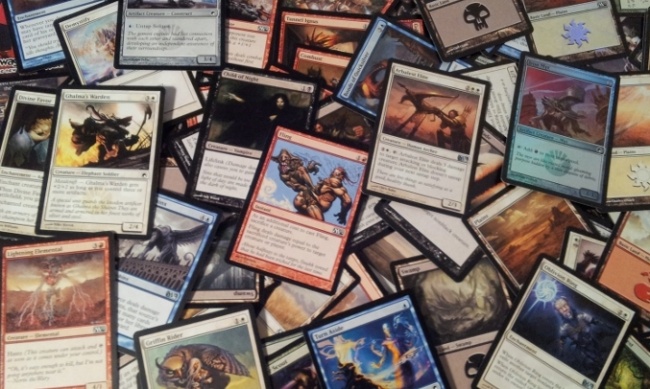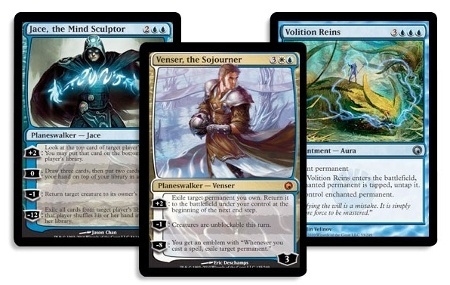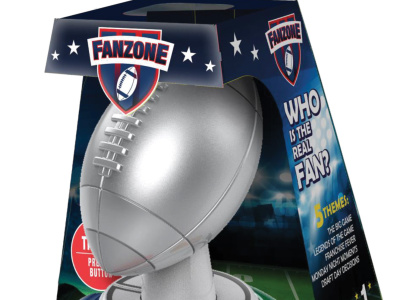We recovered a customer's stolen Magic card collection a couple of weeks ago and turned the thief over to the local police. Since stuff like this happens far more often than we would like, I thought it would prove useful to pass along what the customer did that made us able to get the cards back for them.
- It was a break-in. The thief forced his way into the customer's car while the customer was somewhere else and grabbed the collection. Our guess is he had heard of Magic, knew that some of the cards had quite a bit of value and acted on impulse, not really knowing what he was grabbing. If someone grabs your cards while you are playing at a tournament or in a store or convention, it is much more likely they know what they are getting and, since Magic cards are commodities (which I have discussed in a previous column), it is much harder to get them back. Generally, thieves who break in to steal have little to no idea what the game is, they have just heard it is worth money.
- Contact stores and police. Believe it or not, we don't want to receive stolen property. Number one, it is illegal and number two, we don't want a reputation as a place to go to unload stolen cards. (This is the main reason our store only gives trade on Pokemon and Yu-Gi-Oh!. Too many skeevy people coming in to sell cards who had no idea what the game was about. They dropped off to zero after we went to a "trade only" policy.) If you don't tell us, though, we have no idea if we should keep an eye out for your collection. Thanks to Storage Wars, lots of people buy abandoned storage lockers, find cards, and come to us to sell them off. If you haven't contacted us, we don't know if the seller is a storage warrior or a thief. Police in some areas are quite responsive to calls of this nature, while others will act dismissive. Still, better to contact them than not.
- Cards and containers, not lists and decks. When the customer contacted us about the stolen collection, they told us, "Well, I had about 260 cards and a black deck and a blue deck and a white deck in a metal tin with a deer on it." Telling us the color of your decks and how many cards you have doesn't help; it's too generic a description. The helpful bit out of that description was the "metal tin with a deer on it." That is unique enough to stand out in my memory, so tell us what you have them kept in as thieves are lazy and likely will not get rid of the storage container. Also pointing out three or four unique or unusual cards in the set helps. Giving us a list of all the cards, not so much, since I probably won't remember them and won't have time to check, but noting three or four stand-out cards for which we can look, such as Planeswalkers or high money cards, gives us something to key in on as we go through the collection.
In this case, the customer emailed us, mentioning the tin, and, after a bit of prodding, three Planeswalkers in the collection. A few days later, we received a call from someone wanting to sell us a Magic collection. The caller did not appear to know much about Magic (see #1), and when they arrived, we spotted the tin containing the white deck and, flipping through the cards, we found the three Planeswalkers. We called the police and delayed the customer by looking up prices until they arrived. The communication from the customer convinced the police the cards were stolen and they took the seller (who said he had gotten them from a friend) into custody for receiving stolen property. The police contacted the customer, who will get his cards back.
Of course, following these steps does not mean you will get your cards back if stolen, but anything you can do to get the word out increases the likelihood that you will get them back.
The opinions expressed in this column are solely those of the writer, and do not necessarily reflect the views of the editorial staff of ICv2.com.









